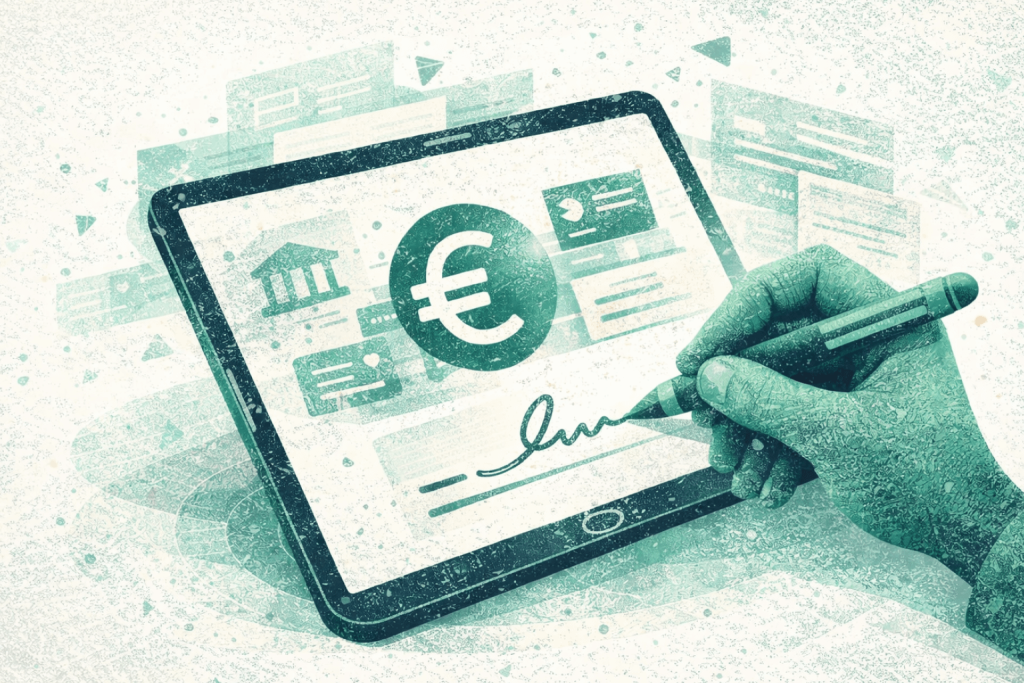Linde Verlag – since 1925 a specialist publisher for literature on the subject of law, economics and taxes – is entering into a cooperation with sproof, the Salzburg-based expert in the field of digital signatures in Europe. In addition to the introduction of the technology throughout the publishing house within the next few weeks, the cooperation also consists of a stake in the company itself.
“Linde Verlag publishes over 270 new specialist and non-fiction books as well as e-books and 19 trade journals every year. The sproof solution enables us to sign all contracts, for example with authors, or to process other everyday agreements easily, quickly, securely and completely GDPR-compliant,” says Benjamin Jentzsch, Managing Director and owner of Linde Verlag.
The publisher is introducing the e-signature solution of the LegalTech start-up sproof nationwide and is also announcing an investment.
In addition to the introduction of the technology throughout the publishing house within the next few weeks, the cooperation also consists of a stake in the company itself. In addition, the company relies on a sales strategy based on partnership in order to be able to address common target groups with combined strength

sproof is also enthusiastic about the collaboration with Linde: “Due to their binding nature, digital signature solutions require a high degree of responsibility on the one hand on the user side and on the other hand on the manufacturer’s side. It is a very special honour that we were able to convince Linde Verlag, as a traditional specialist publisher for legal, economic and tax literature, of sproof and gain their trust,” says Fabian Knirsch, founder and CTO of sproof.
Legal validity and data protection in the foreground
The requirements that digital signatures must meet are regulated in the European Union within the framework of the eIDAS Regulation. In addition to the requirements and the implementation of these, this ordinance also regulates the legal status. Data protection also plays a special role, as it is not necessarily a matter of course that a provider of digital signatures works in compliance with the GDPR.
“Basically, there are different ways to sign digitally: simple, advanced and qualified. Despite the appearance of the digital signatures on the final document, the status of the respective type of digital signature and its binding nature are different,” adds Fabian Knirsch from sproof. Only the so-called qualified electronic signatures, also QES, are legally equivalent to handwritten signatures. In Austria, this is stipulated in §4 para. 1 of the Signature Act.
In terms of data protection, the legal requirements in the sense of the GDPR must also be met on the one hand, and on the other hand, certain security requirements must also be guaranteed by the IT structure. “The data is stored and processed exclusively in data centers within the European Union. Any connection to the USA is avoided, as this would not be GDPR-compliant,” concludes Fabian Knirsch.




